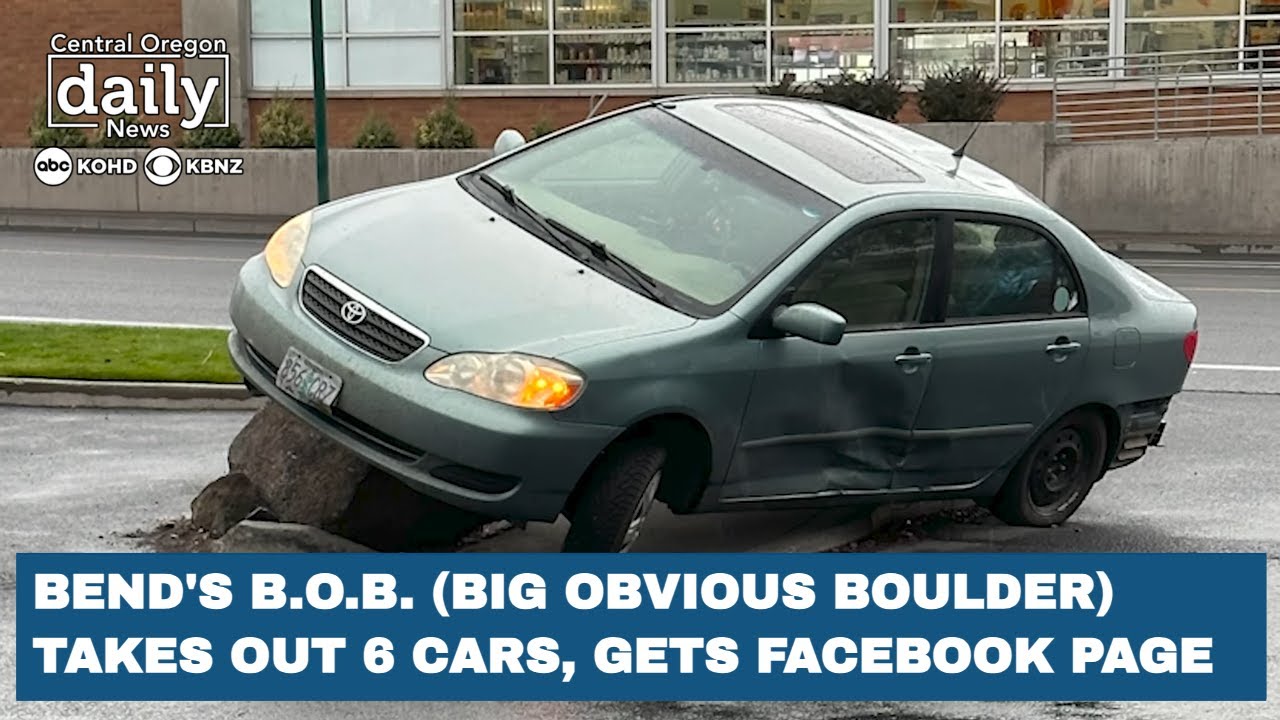

Oh, you’ll have fun with this rabbit hole! They’re neat and used all around the world. The air train at SFO uses them, as does Mexico City.
I’m all for rail, but using rubber can be useful in all sorts of situations. It’s simple and works well. And even with the disadvantages over steel wheels, like rolling resistance, they’re not wildly expensive to run and maintain.
BRT lines are especially neat because a BRT allows a city to upgrade their bus system to light rail capacity without huge investment. E.g. San Francisco upgraded their Van Ness bus line to a BRT with wild success.



Reform UK party. Same far right party as brexit.
I wouldn’t expect them to listen to reason.